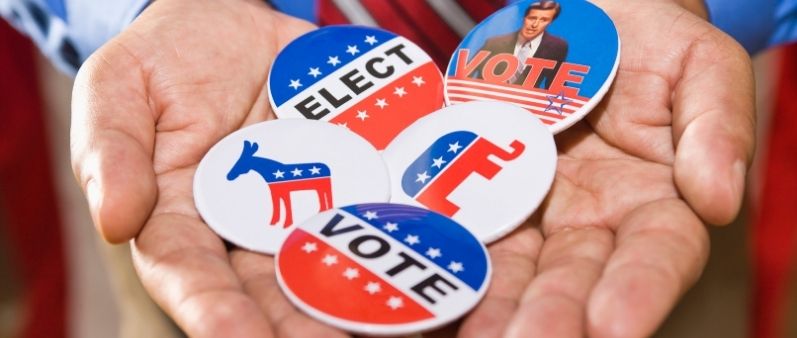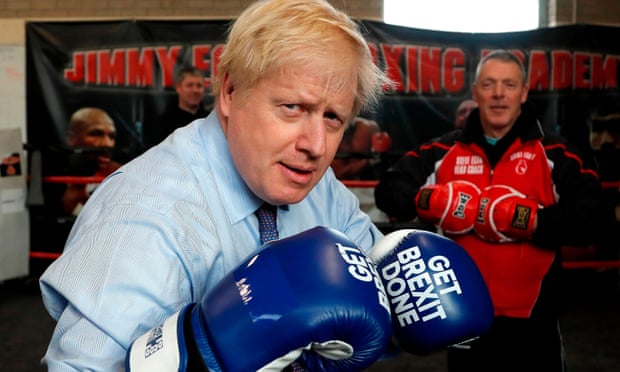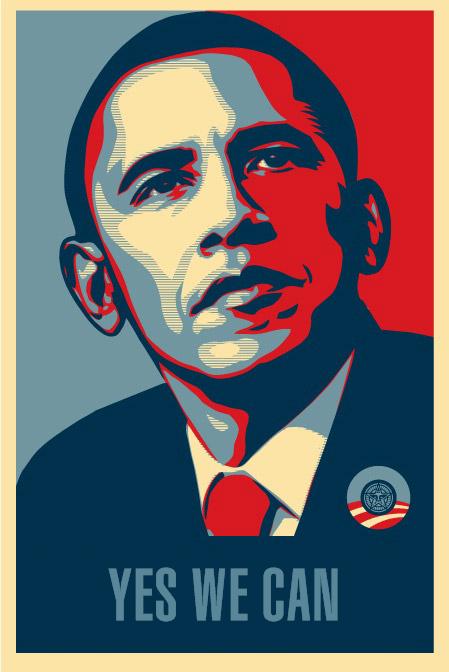
Language is a Powerful Tool
The vocabulary that makes up our communication systems is so diverse and versatile that it is capable of conveying any and every concept using a spectrum of nuances.
Nowhere is this linguistic power harnessed more strongly than in communication between governments and citizens. Fundamentally, governments need to communicate clearly with citizens to ensure they obey laws and social norms.
On a more sophisticated level, language can be used to influence public mood, which in turn can affect policy decisions.
Let’s look at how this process works.
The Vast Vocabulary of English
With over 500,000 individual words, English is by far one of the most vocabulary-rich languages. In fact, there are only six languages in the world which have larger vocabularies.
English’s wide vocabulary comes from the colorful history of the UK itself. Having explored, or been invaded by, almost every country in the world at some point during its history, the English language borrowed words from dozens of languages, often with similar meanings.
So, the word ghastly, which has Germanic roots, has the same meaning as horrible, which is derived from French. While they are broadly interchangeable, ghastly feels more impactful than horrible.
These slight shades of nuance between words provide the foundations for governments and powerful groups to utilize words for their own influence through emotive language.
What is Emotive Language?
Emotive, or loaded, language, refers to a range of strategies narrators use to get the audience to agree with their point of view. Rather than neutrally describing a progression of events, emotive language will indirectly pass judgment on one or more of the parties involved, simply through the choice of words.
Here are some examples:
- “The innocent man was mauled by the unemployed, steroid-fuelled thug.” vs “One man hit the other man.”
- “John pestered Jane all week to send him the latest figures.” vs “John asked Jane for some data.”
While these are extreme examples, loaded language can also be more subtle. Think of the difference between:
- svelte and skinny
- unassuming and plain
- beg, ask, and demand
- abandoned and left
In each of the cases above, words can be selected and replaced to add positivity or negativity to the sentence.
Emotive Language in Politics
When used intentionally, emotive language is incredibly powerful at evoking emotional responses in citizens.
For instance, think of the difference between a government “cutting taxes”, “slashing taxes”, and “providing tax relief”.
The different options silently encourage the reader to either support or oppose the government’s measure, depending on the nuance. Tax relief, for example, implies a break from onerous obligations.
An “historic” trade deal suggests an era-defining agreement between nations, whereas a “significant” trade deal sounds more neutral.
Emotive language is often used to describe a common enemy. This is happening right now, with combative expressions used when discussing Covid. We are all “fighting the pandemic” to “defeat the virus”.
While the use of emotive language around Covid-19 has obvious benefits (i.e. to encourage compliance with restrictions), it can also be used to provoke agreement with other agendas.
Think of the “War on terror”. Rather than exploring the complexities of different occupied and occupying forces in the Middle East, this blanket statement fostered an “us vs them” mentality that avoided attracting too much critique from the general public into motivations behind certain military activity.
Similarly, in 2019, the UK Government openly and repeatedly described a challenge to the Brexit agreement as the “Surrender Act” in the House of Commons, a nickname that infers a sense of national defeat if it were to be passed.

Social Media and Language in Politics
No assessment of governments and language would be complete without reference to social media.
The 2010s saw social media mature, with most politicians now having a direct platform to offer instant and reactive commentary on global events, often unedited, and outside of ‘the party line’.
Just like how emotive language is used in parliamentary debates, individuals in government are able to flavor their social media messages with extra emotion using capitals, exclamation marks, emoji, and GIFs. This is used by politicians from across the political spectrum as a supplementary tool to build support for escalation, or de-escalation, of conflict and policy.
While emotive social media use may not be a deliberate or direct strategy to shape public approval, the informal nature of social media interaction plays a huge role in making politicians appear more personable, softening the public up to accept any difficult policy decisions they offer. When citizens can directly interact with those in power, they feel more powerful themselves and are more likely to agree with the government officials.
Slogans and Campaigning

With many political leaders having spent their pre-politics lives in business and commerce, we find business and marketing skills are often employed in election campaigns and policy rollouts.
From the Brexit vote, to the 2008 and 2016 presidential election campaigns, to the 2019 UK General Election, the winners all had one thing in common: their short, snappy campaign slogans. “Take Back Control”, “Yes We Can”, “Make America Great Again”, and “Get Brexit Done” are as memorable now as they were at the time.
Soundbites such as these work because they capture the electorate’s imagination, making it easy to understand what the candidate represents, translating to a memorable choice at the ballot box.

The UK’s current Conservative administration has continued this election-winning technique into its policy communications as it wrestles with the Covid-19 pandemic: from the initial lockdown mantra “Stay at Home, protect the NHS, Save Lives”, to the more recent “Eat Out to Help Out”, the British government has led its citizens by providing short, easy-to-remember soundbites that represent the current goals.
Understanding how emotive language is used is an important skill for everyone. By recognizing the clues, readers are more able to spot biased and unbiased statements ‘in the wild’. It is important to exercise critical thinking when engaging with politics and understanding how language is deployed supports and strengthens this skill.
Mastered English? Start Learning Other World Languages
Download the Pimsleur app now and try a free week!
Start listening, speaking, and testing your skills and have fun! Choose from over 50+ languages.

No Comments for "Language Politics – How Governments Wield Words"